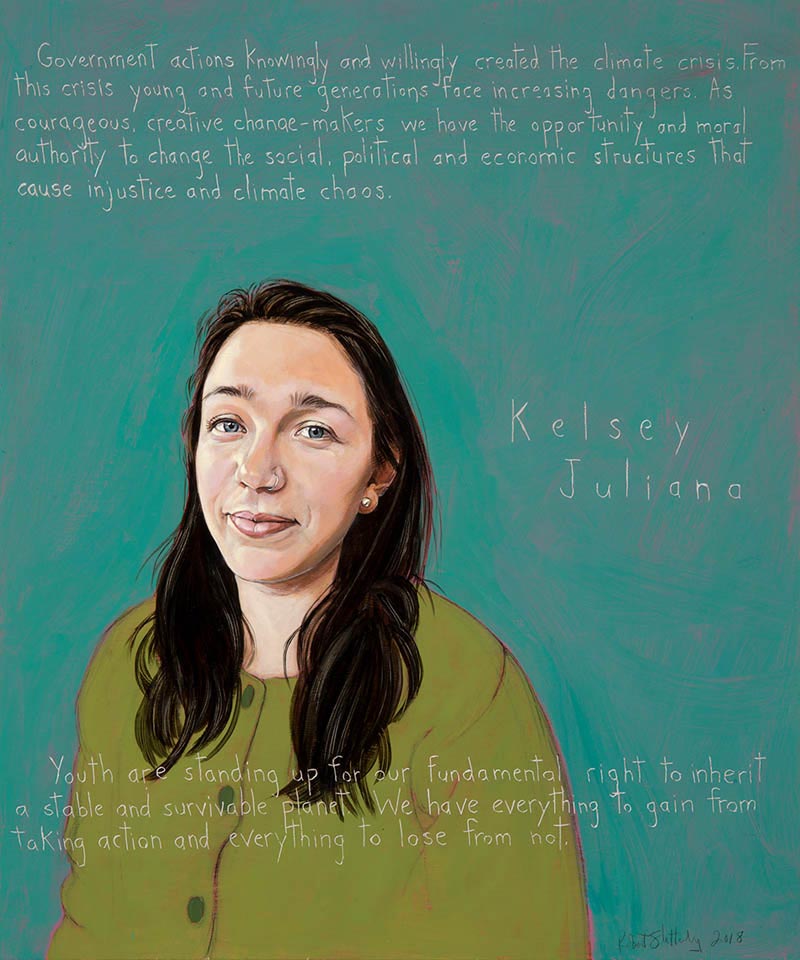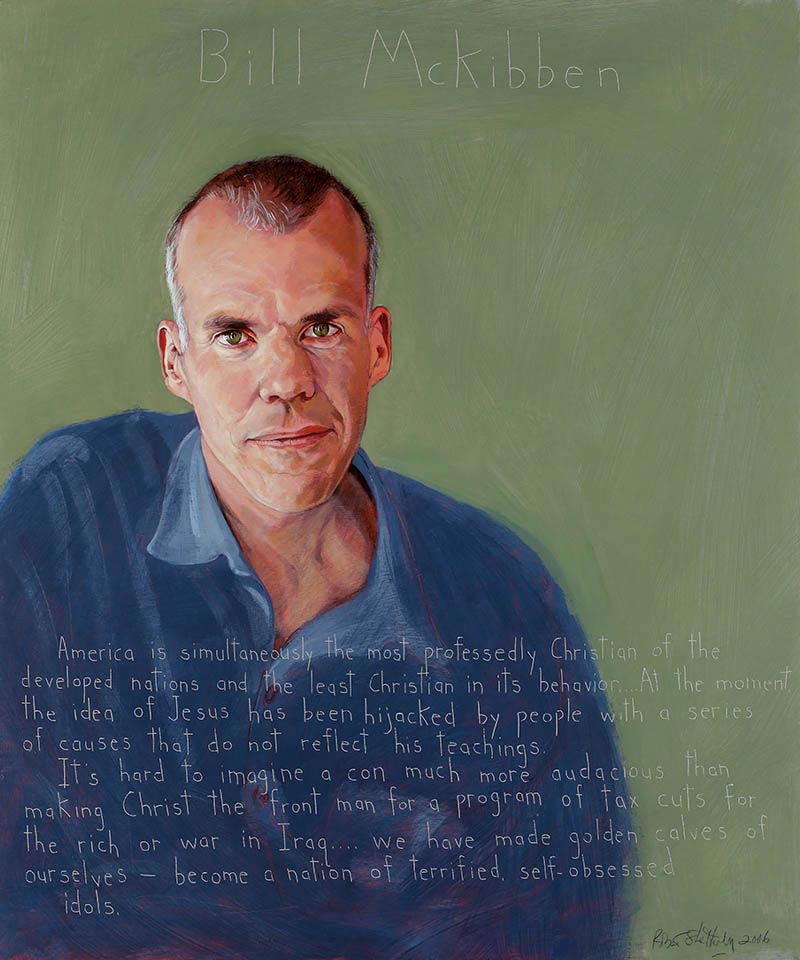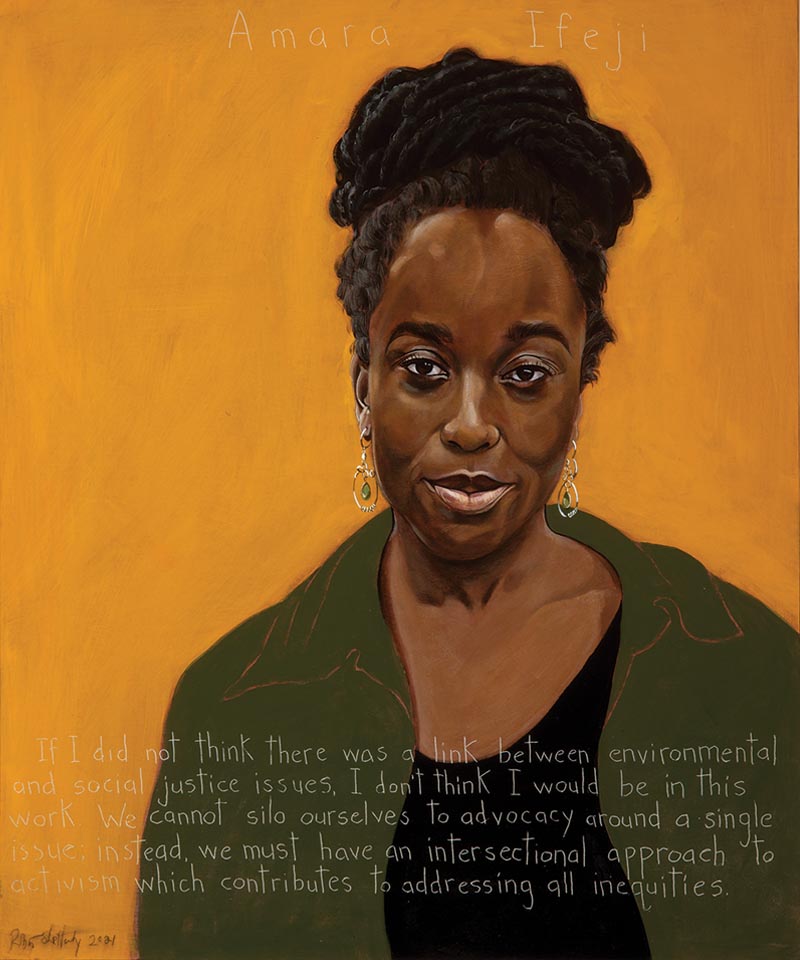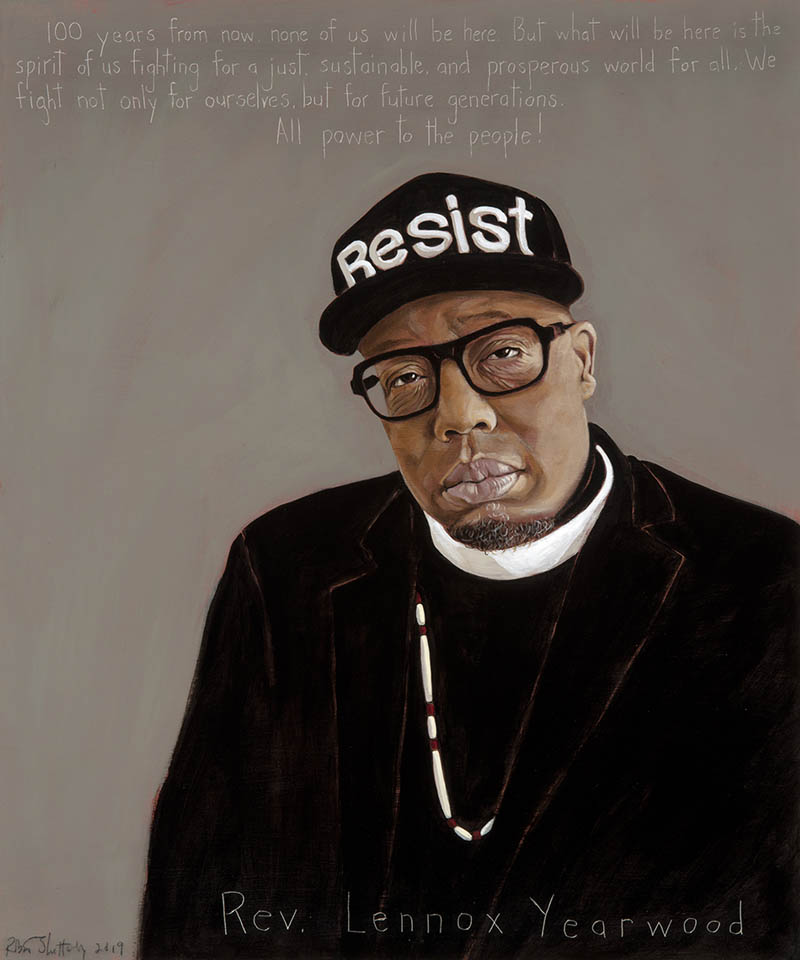What's New
Earth Day 2023: Who are our Earth Champions?
We begin our celebration of Earth Day 2023 with a nod to Rachel Carson. As the current Earth Day organizers explain in their online history: “[T]he stage was set for change with the publication of Rachel Carson’s New York Times bestseller Silent Spring in 1962. The book represented a watershed moment, selling more than 500,000 copies in 24 countries as it raised public awareness and concern for living organisms, the environment and the inextricable links between pollution and public health.” The first Earth Day followed, in April 1970. Read more about the beginnings of Earth Day, along with Heather Cox Richardson’s recent post on the history of the event.
Fifty-three years later, organizers announce that Earth Day has become Earth Week (April 14-22), to fully embrace this year’s theme: Invest in Our Planet. “More than 1 billion people now participate in Earth Day activities each year, making it the largest civic observance in the world.” Yet, even as the knowledge of world-wide devastation spreads and advocacy efforts increase, the odds worsen – the work becoming more urgent than ever.
Here are some news flashes about a few of AWTT’s earth justice truth tellers and what they are up to as Earth Day rolls around again.
Born two years before the publication of Silent Spring and ten years before the first Earth Day, Bill McKibben grew up with the movement, to become one of its most prominent American leaders today. McKibben continues to educate us about the climate crisis through his regular series of essays in The New Yorker, “Annals of a Warming Planet.” In his most recent installment, “California’s Devastating Storms are a Glimpse into the Future,” McKibben explains – quoting climate scientist Daniel Swain – “’Warming temperatures increase the water-vapor-holding capacity of the atmosphere. . . . So we’re probably at a point where extreme precipitation events, on average in the world, are about ten to fifteen per cent more intense than they would have been.’ In other words, this storm is bad. The next big one is likely to be worse.” And, another bit of McKibben wisdom, recently imparted on an audience of Brandeis students: “Donald Trump got indicted this afternoon, the Red Sox lost their home opener 10 to 9, a lot of things happened today. . . . A lot of things happen every day. The most important thing that happens every single day, though it’s never the single most important thing that happened in a given day, is this ongoing destruction of the planet’s climate system.”
Amara Ifeji, a third-year political science student at Northeastern University, was one of 62 students in the country named a 2023 Harry S. Truman Scholar this week. “A Mainer through and through, Ifeji’s work in grassroots organizing and public policy exists at the intersection of environmental justice and access and racial justice. Through high school and her time at Northeastern, she has fought to expand access to environmental and climate education to youth, particularly youth of color, through state and federal advocacy efforts. Her work with the nonprofit Maine Environmental Education Association, Maine Climate Council, Nature Based Education Consortium and on Capitol Hill has shifted policy forward in major ways and will change the lives of young people who have historically not had access to outdoor learning opportunities.” Read more here.

The youth plaintiffs in the groundbreaking lawsuit, Juliana v. United States, persist and continue to make news. In February 2023, NPR affiliate KLCC aired an hour-long story “Juliana vs. the United States: What’s next?” Although the government has successfully imposed layers of delay strategies, the youths’ lawyers still hold out hope that the case will move forward to trial, or be settled by consent decree, eventually. Listen here.
In the meantime, the Juliana case legal organization, Our Children’s Trust, represents groups of youth plaintiffs in many similar cases against state governments. Just since January 2023, many of these cases have seen major breakthroughs – in Hawai’i, Montana, and Utah. Also, the first youth-led case in Canada is underway, and policy work on Capitol Hill has accelerated.
The Rev. Lennox Yearwood and the Hip Hop Caucus continue to be at the forefront of climate justice, with a full April 2023 calendar. Just last week, they issued their statement in response to the EPA’s proposed rule to reduce emissions from heavy-duty vehicles, vowing to press hard on this issue until stringent final rules are passed. Their statement is accompanied by a very cool video, “Riding Dirty.” View here. And the Hip Hop Caucus’s Think 100% project just launched Season 5 of it’s successful podcast “The Coolest Show” – rich interviews and discussions about “how we fight the racist policies that have led to brutality, pollution and the climate crisis in our communities.” This week’s guest was Dr. Michael K. Dorsey, a recognized expert on global energy, environment, finance and sustainability matters, addressing “the ongoing story of financial reckoning that is necessary to fight in this phase of the Climate Crisis.” (AWTT artist Robert Shetterly’s recent blog post, “Sacrifice Zones, Kids & Money,” focuses on related issues.)
All of us at AWTT are inspired by the tireless efforts of these champions of the Earth.
Discover more earth justice advocates by visiting our Portrait Gallery. (Use the filter near top of the page to search for “Environmental Issues.”) Our 2022 book Portraits of Earth Justice features 50 of those portraits, as well as essays by Bill Bigelow, Robin Wall Kimmerer, Bill McKibben, Leah Penniman, Diane Wilson and Robert Shetterly.



